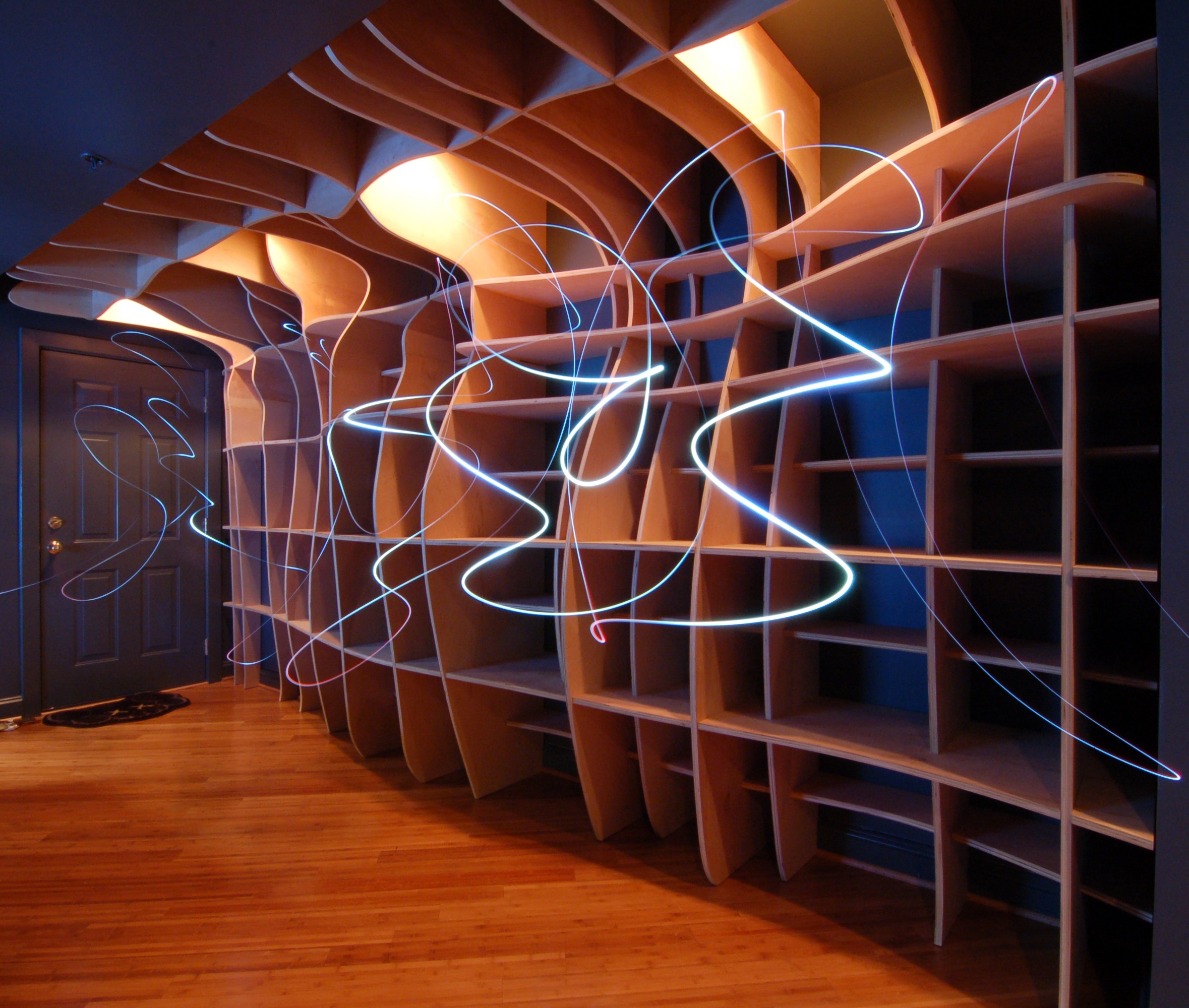
Washington, D.C. area architects can earn five continuing education credits and see exciting ways plant-based materials contribute to sustainable design. The Architects Go Sustainable with BioMaterials Day offers five back-to-back AIA-approved continuing education sessions. All training is offered at no cost through support of the United Soybean Board and presenters.
Ready to use, rapidly renewable, reduced environmental impacts are three of the many attributes of plant-based materials, including those made with U.S.-grown soybeans. The event offers insight into how biobased materials are already contributing to private and public-sector architectural projects. Importantly, Federal government contracts are required to specify products under the Federal BioPreferred® Program that Congress established and is supported by Federal Sustainability Executive Order 13693 “Planning for Federal Sustainability in the Next Decade.”
Attendees will also learn how nature is inspiring the design of plant-based products as well as reducing the petroleum and harsh chemicals inside. Find out how the way mussels keep their grips on rocks in the Pacific Ocean led to groundbreaking research based on the principals of biomimicry to cut formaldehyde in plywood. Hear how Yellowstone National Park’s plastic bottles left by 3 million annual visitors are no longer shipped abroad but found a new purpose alongside soybean oil in the backing systems for carpet and artificial grass.
9 a.m.
This course will better inform the architect and designer about decorative hardwood plywood in terms of its manufacture, uses, types, and sustainable attributes. The architect and the designer will gain an understanding of the different adhesives and core material options available, which options are more sustainable, and which options are most commonly used. Participants will also know what to look for in order to successfully specify decorative hardwood plywood and how the material can contribute to LEED points.
Presented by Richard Poindexter, Columbia Forest Products
10:30 a.m.
Stories of eco-Trends: Reuse + Health + Social CEU provides an overview of current green building trends. Utilizing these green trends and best practices as a framework the course will delve into three chapters – Reuse, Health and Social. Within each chapter, we explore multiple case stories of various market sectors with specific eco-technologies & strategies. In each scenario we look at the smart green best practices, as well as, higher levels of LEED both in Version 4 and pilot credits. Finally, this fun, interactive educational experience includes a valuable desktop reference of the green best practices for both your client and you!
Presented by: Holley Henderson, H2 Ecodesign Founder
Noon
12:30 p.m.
A course designed to teach a history of synthetic turf and its versatility in numerous landscaping applications and designs. Participants will become knowledgeable with synthetic turf and its innovative uses for their residential and commercial projects. The most current technological advances in the industry and the positive role turf plays in today’s current environmental climate will also be included.
Presented by Michelle Balicki and Laura Mason, SYNLawn
2 p.m.
This one-hour course assists participants in understanding some of the key sustainability issues faced by the carpet industry and how the industry is responding. In addition, participants will be able to define sustainability, state ways that the carpet industry has embraced sustainable practices, and explain how the carpet industry is a leader in sustainability.
Presented by John McIntosh, Signature Accord
3:15 p.m.
Participants of this course will learn about the types of polyurethane spray foams in the market including how they compare to traditional insulation products and how they are used to create more efficient structures. After completion of this course, participants will be able to compare and contrast open cell and closed cell spray foam insulation, discuss the impact of spray foam insulation on moisture control, indoor air quality, sound attenuation, the proliferation of molds and mildew and overall comfort of buildings as well as discuss the basic building science impact of spray foam insulation on a building’s energy performance and HVAC sizing. Participants will be able to discuss the building code requirements for foam plastics and create advanced building designs using both open cell and closed cell spray foam insulation.
Presented by Grant Ostvig, Demilec